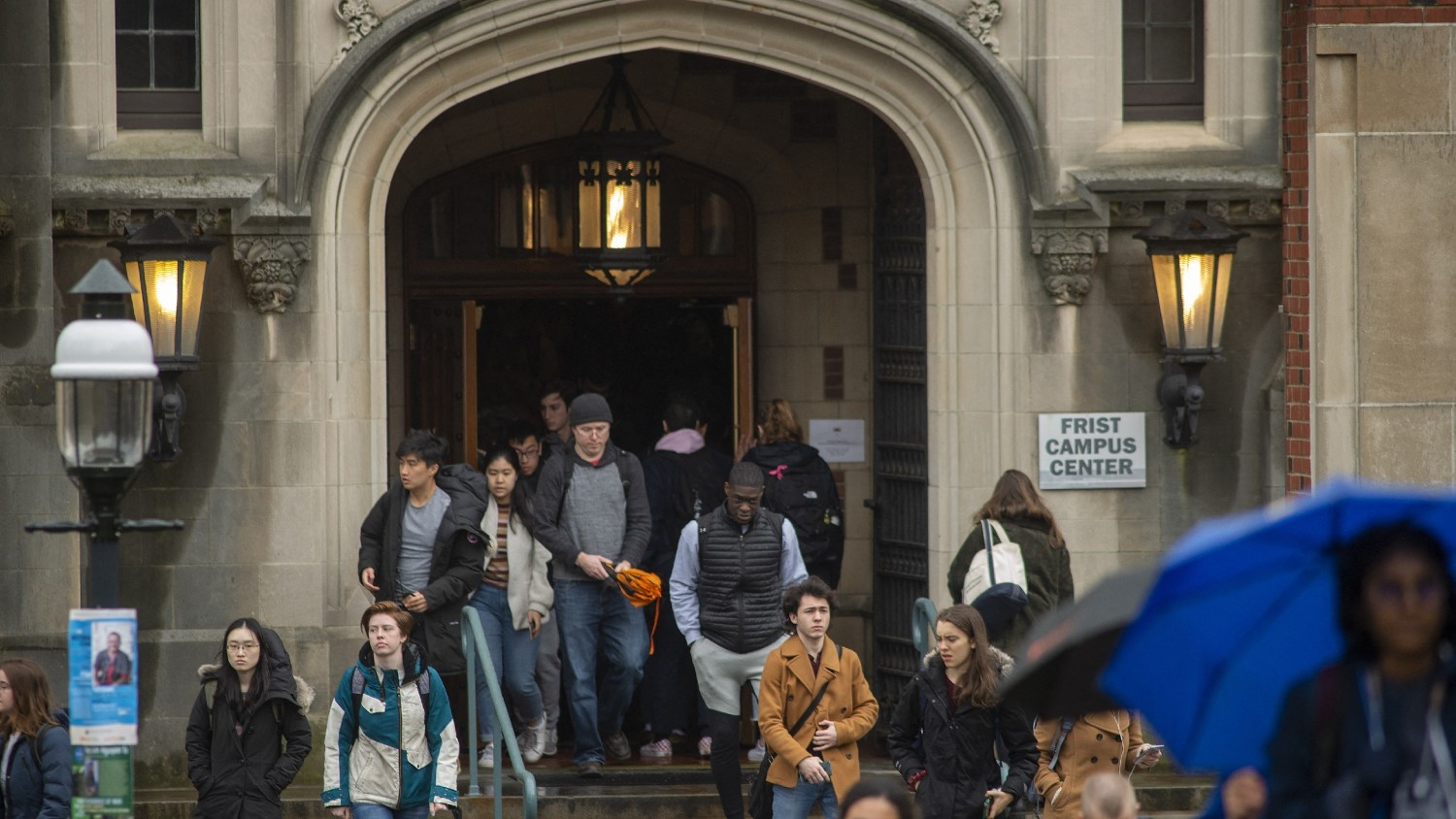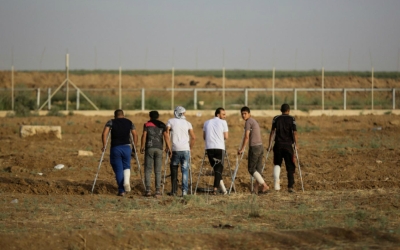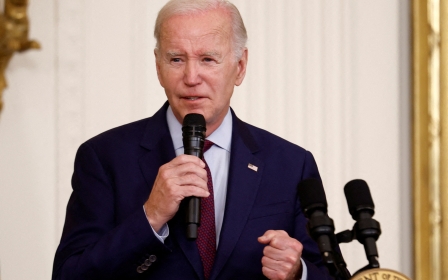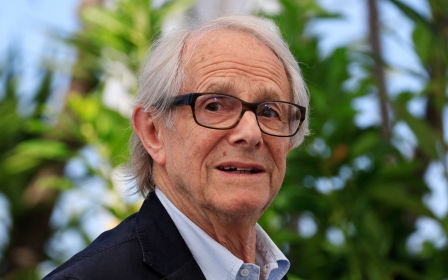Princeton University’s progressive Jews oppose banning book that says Israel maims Palestinians

A coalition of hundreds of Jewish undergraduate and graduate students, alumni, faculty, and community members at Princeton University have signed an open letter in solidarity with professor Sateya Larson, after the academic came under fire from pro-Israel groups for teaching a text that says Israel intentionally maims Palestinians.
"We are deeply troubled by the attempt to censor professor Larson, ban Puar’s book, limit intellectual inquiry, and silence faculty-student exchange within and beyond the classroom, particularly on issues of such political, moral, and philosophical significance," said the open letter, penned by the Alliance of Jewish Progressives.
As of Thursday evening GMT, the letter had 250 signatures.
Larson's course, scheduled for the upcoming fall semester, covers the field of trauma studies, focusing on perspectives from the Global South.
"Re-orienting healing as a decolonizing process enables students to re-politicize personal trauma as it intersects with global legacies of violence, war, racism, slavery, patriarchy, colonialism, orientalism, homophobia, ableism, capitalism, and extractivism," a description of the class says.
New MEE newsletter: Jerusalem Dispatch
Sign up to get the latest insights and analysis on Israel-Palestine, alongside Turkey Unpacked and other MEE newsletters
The texts included in the class are Orientalism by Edward Said; Wretched of the Earth by Franz Fanon; and Colonial Trauma by Karima Lazali.
On 8 August, the US-based Zionist group StopAntisemitism, accused professor Larson of teaching "blood libel", citing one of the texts being taught, Jasbir Puar's The Right to Maim: Debility, Capacity, Disability, which claims that Israel intentionally maims Palestinians as a method of controlling the population.
The book, released in 2018, won the National Women's Studies Association Alison Piepmeier Book Prize but has also faced attacks from Zionist groups.
Citing frontline doctors in Gaza, Middle East Eye has previously reported how Israeli snipers intentionally maimed Palestinians protesting in Gaza and was creating a generation of disabled youth.
The Zionist Hillel student organisation's Center for Jewish Life also sent out a letter raising concerns about Puar's text being taught in Larson's class.
And then on 9 August, Israel's minister of diaspora affairs sent a letter to Princeton's President Christopher Eisgruber, calling on the school to remove the text from Larson's class and to conduct a review of all material being taught at the university.
The Jewish students' letter pushed back against the calls from Israel and Zionist groups, saying that not studying "controversial texts represents an attack on the very mandate of the University".
"While far-right Jewish leaders in America and Israel claim to speak for us, they do not. This latest attempt to silence educational discourse related to Israel-Palestine is part of a pattern in which the [Center for Jewish Life] aims to interfere with academic and co-curricular events, inquiry, and debate on campus," the open letter said.
Middle East Eye reached out to Princeton University for comment but did not receive a response by the time of publication.
Universities have become hotbeds for free speech issues in the United States. At the same time, they have also been at the centre of smear campaigns targeting Palestinian students and other students involved in activism supporting the rights of Palestinians.
Middle East Eye previously spoke to several Palestinian students who faced such campaigns as well as being blacklisted and placed on websites like Canary Mission.
Middle East Eye delivers independent and unrivalled coverage and analysis of the Middle East, North Africa and beyond. To learn more about republishing this content and the associated fees, please fill out this form. More about MEE can be found here.





